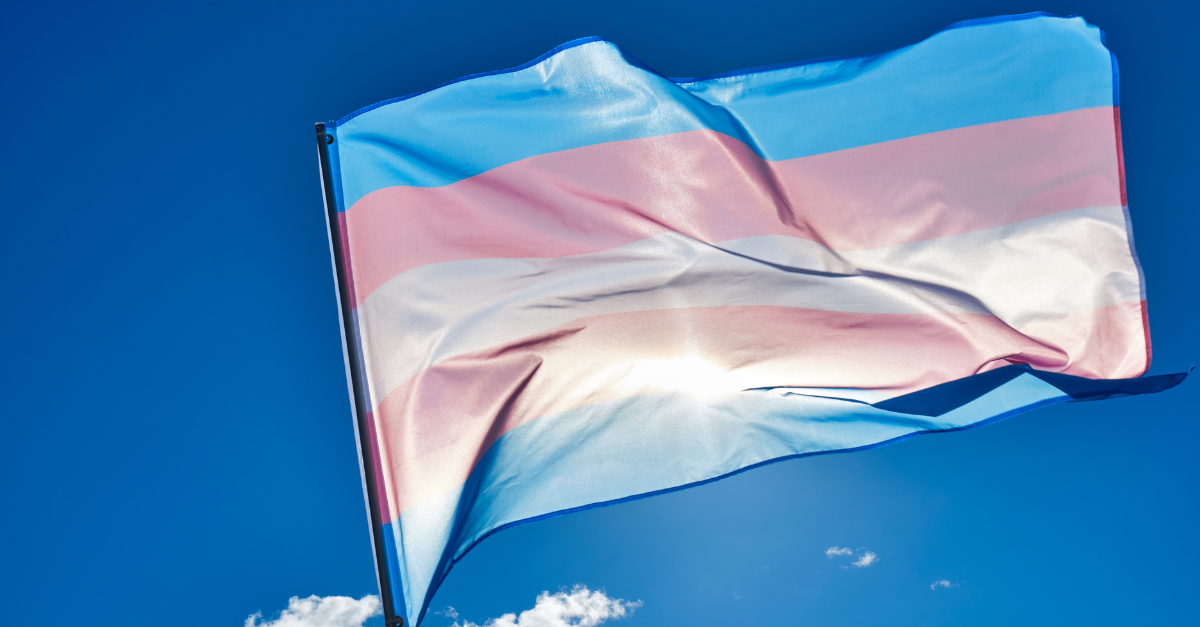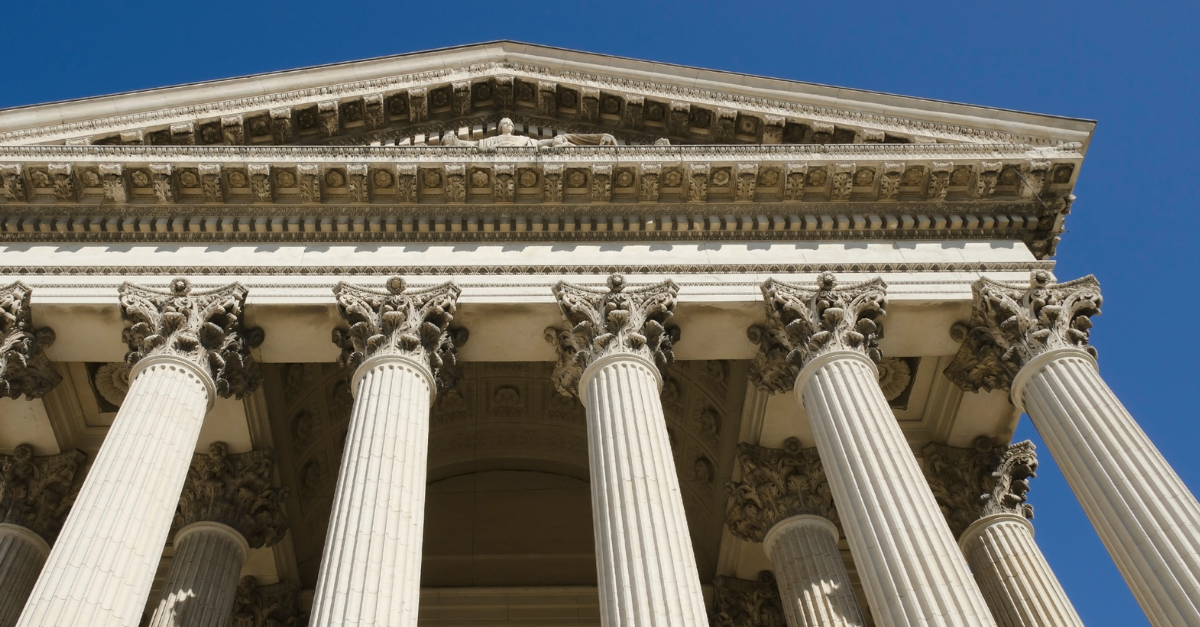NAWL finds Judge Gorsuch to be "Not Qualified"
NAWL finds Judge Neil M. Gorsuch to be "Not Qualified" for the position of Associate Justice of the United States Supreme Court.
March 16, 2017 -- Consistent with the stated mission of the Committee, our assessment focused on Judge Gorsuch’s personal integrity, professional competence, and judicial temperament, with “an emphasis on laws and decisions regarding women's rights or that have a special impact on women.” Our review of over 500 opinions, concurrences, and dissents written by Judge Gorsuch and articles and books he authored or coauthored led the Committee to conclude that Judge Gorsuch has outstanding legal ability consistent with service on the Supreme Court. Similarly, our interviews of several dozen litigants, former law clerks, former and current colleagues, and others who have interacted with Judge Gorsuch during the last three decades persuaded the Committee that he has the highest reputation for integrity and generally demonstrates a sound judicial temperament. However, the Committee’s standards require review of each nominee under several separate evaluation criteria, and the prospective nominee is found “not qualified” when “the Committee has determined that the prospective nominee does not meet the Committee's standards with respect to one or more of its evaluation criteria - integrity, professional competence, judicial temperament or he or she does not demonstrate a commitment to women’s rights or issues that have a special impact on women.”
Judge Gorsuch’s writings in or about several cases that implicate women’s rights or interests caused the Committee significant concern. Based on those writings, in light of the quoted language contained in the Committee’s standards, the Committee finds that Judge Gorsuch, to date, does not have a “demonstrated commitment to women’s rights or issues that have a special impact on women.” Because such a demonstrated commitment is a pre-requisite for a nominee to receive a “qualified” or “well qualified” ranking from NAWL, the Committee ranks Judge Gorsuch “not qualified.”





